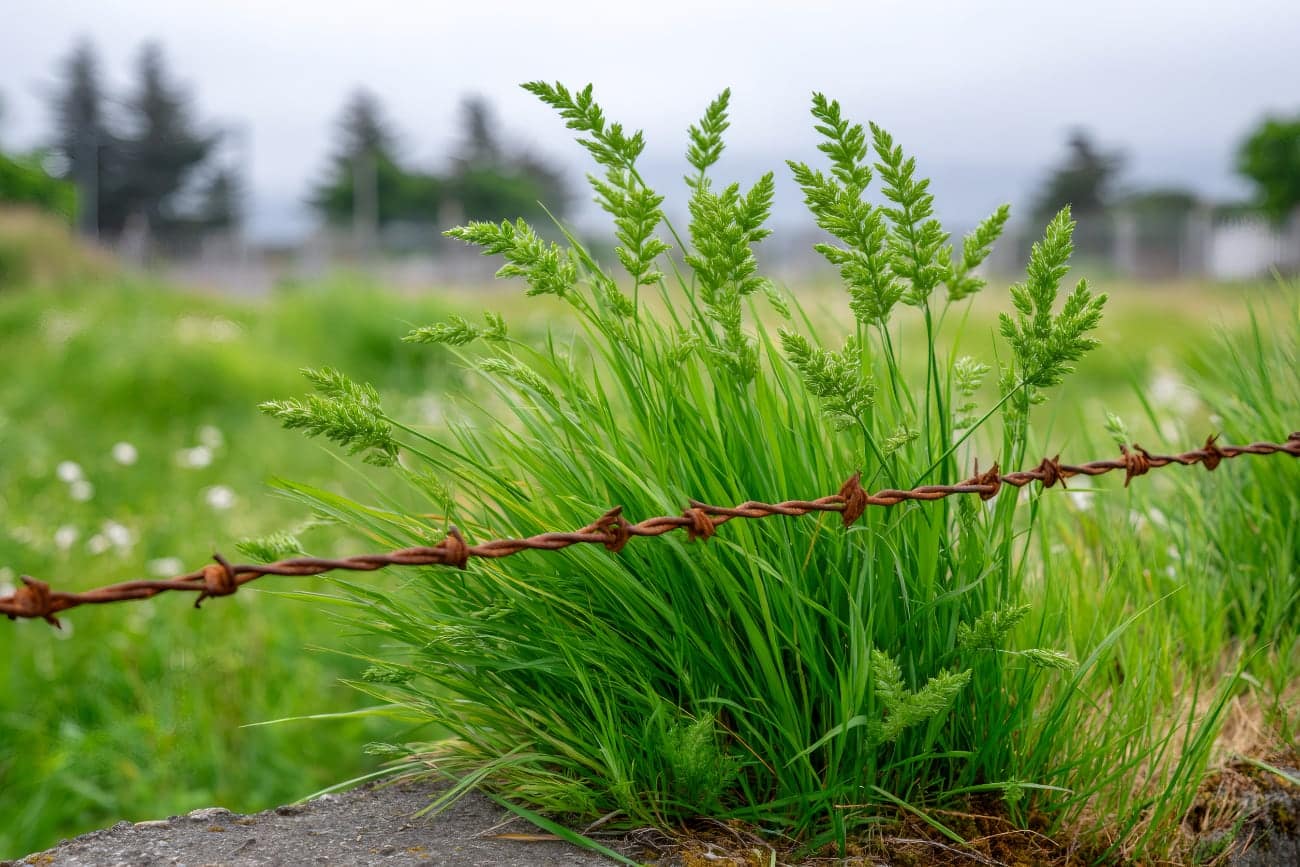Rehabilitation for drug addicts
Drug addiction is an unfortunate reality in most societies across the world. Like all addictions, once it has a grip on its victim, letting go can be a vicious, unpleasant and difficult process. It’s a push and pull situation, which in nearly all cases, has to begin with a desire to ‘get clean and keep clean’. Unsurprisingly rehabilitation is the core component within the process.
In previous blog posts, we have explained that rehabilitation can be a long, drawn-out process that requires patience, commitment, understanding and discipline – from all parties involved.
It also calls for honesty, throughout and for as long as it takes.
Rehabilitation for drug addicts is not simply about removing the substance. It is about self-awareness, self-control and an honest assessment of oneself by oneself.

What is rehabilitation?
The term ‘rehabilitation’ is often used to describe the process an addict must successfully undergo in order to firstly wean themselves off a drug, undergo various physical and mental therapy programmes to eventually achieve the desired outcome – complete separation and independence from the substance.
We must remember that this is an abuse situation. Rehabilitation really means reprogramming – a deliberate and focused method of helping victims to regain lost control.
It is most certainly not an easy process. Rehabilitation for drug addicts is usually a step-by-step process, and each step must be completed before an addict can continue. The rationale behind this is that jumping or avoiding any of the steps involved renders the entire process pointless.
It starts with an identification and confirmation of the substance or substances being abused. We then gather as much information as possible about user behaviour.
It may come as a surprise to some that frank, open and unhindered communication – especially from the addict – is a strong and positive contribution. The more a person feels at peace to speak about their addiction, the more progress can be made.
How do addicts respond?
Rehabilitation for addicts is about treatment, about healing, about a cure and the way forward towards self-acceptance, self-love and self-respect.
In our experience, it is rare for an addict to wilfully embrace the process, complete all tasks as required and emerge fit and healthy, with the capacity to take on more.
Much depends on the severity of the situation, the length of time an addict has abused the substance, the addict’s support network (family, friends, colleagues etc.) and how much self-control there is available to work with.
As the saying goes …’where there’s a will, there’s a way’





